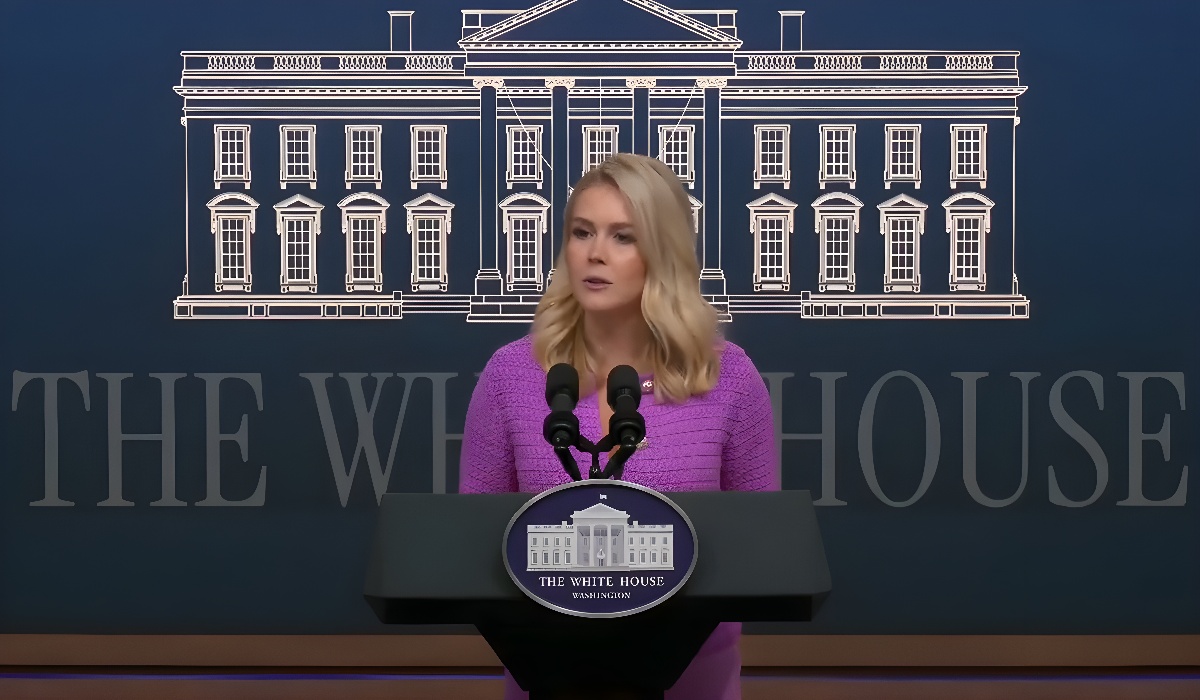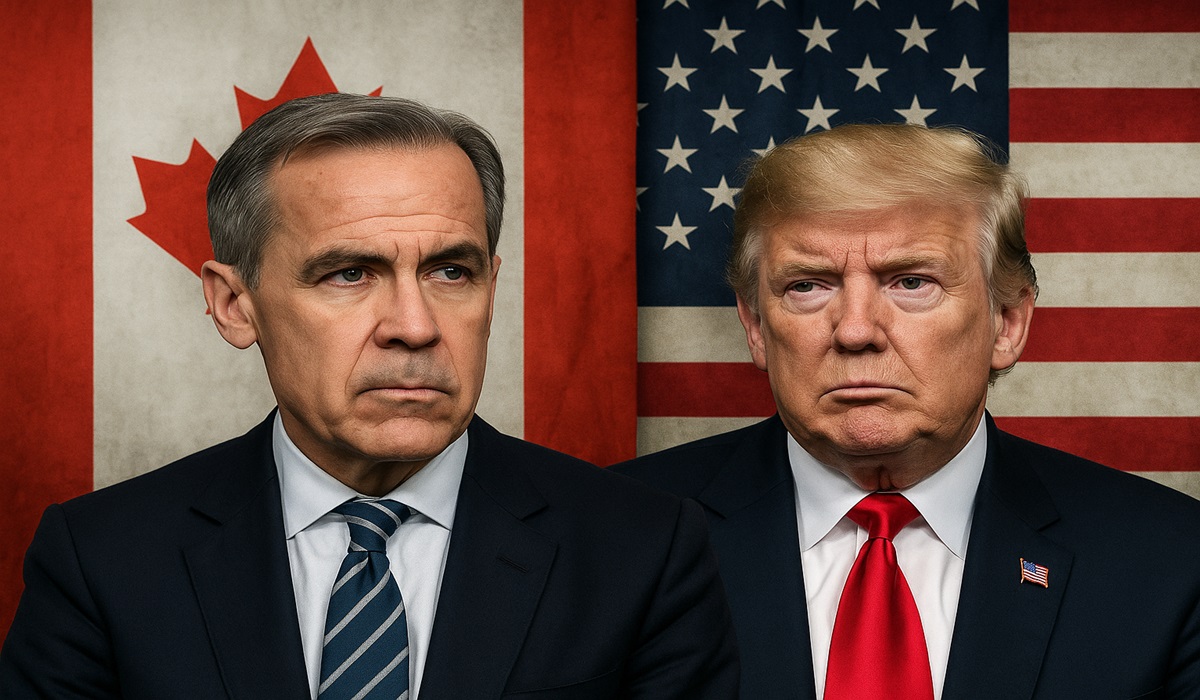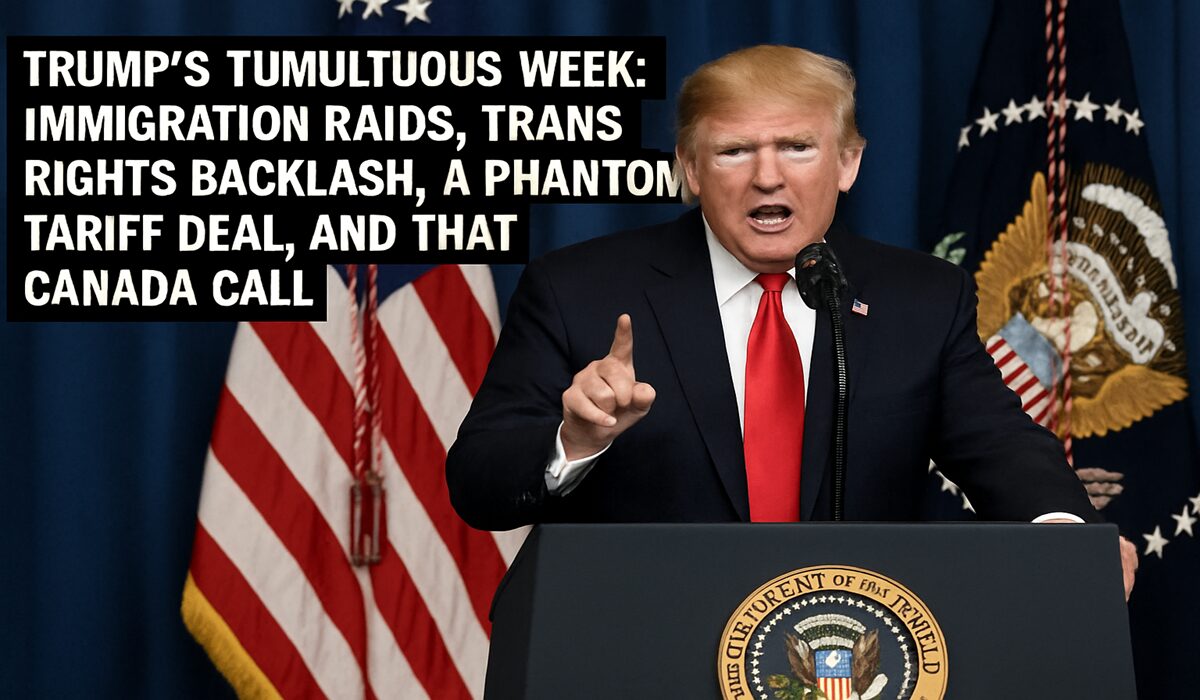Trump’s Executive Order Reinstates Two-Gender Policy, Reversing Biden-Era Protections
- Kingston Bailey
- U.S.A
- January 21, 2025

Image Credit, Lydia Matzal
In a move that has sparked widespread debate, former President Donald Trump signed an executive order reaffirming the binary view of gender, declaring that there are only two recognized genders: male and female. The order, which reverses several Biden-era policies aimed at expanding protections and recognition for transgender individuals, has received support from some in the scientific and religious communities while drawing significant backlash from LGBTQ+ advocates.
The executive order explicitly requires federal agencies to adopt policies consistent with this binary framework, halting the promotion of what Trump referred to as “gender ideologies.” Notably, the order eliminates the option for a nonbinary “X” designation on U.S. passports, stating, “As of today, it will henceforth be the official policy of the United States government that there are only two genders, male and female.”
One of the more contentious aspects of this order relates to its implications for gender participation in sports. Supporters of the move point to recent controversies involving transgender women (biological males identifying as female) competing in women’s sports. Critics argue that such participation creates safety risks and unfair advantages in physically demanding disciplines like boxing and wrestling. Instances of injuries and perceived disparities in competition have fueled heated discussions, with some women’s teams refusing to compete against transgender athletes.
Trump’s supporters see the move as a necessary step to preserve fairness in women’s sports and to address growing concerns about biological differences in athletic performance. “This isn’t about discrimination; it’s about ensuring women and girls can compete on a level playing field,” said one advocate.
This order comes amid growing societal debates over gender identity and pronoun usage. While many Americans have embraced inclusive policies for transgender and nonbinary individuals, others have voiced discomfort with what they perceive as a cultural push to accept and adopt evolving gender norms. Critics of transgender recognition often frame their arguments around concerns about mental health and the potential societal implications of affirming gender identities beyond male and female.
Conversely, advocates for transgender rights argue that the order dismisses the lived experiences of millions of Americans, undermines human rights, and could exacerbate discrimination and marginalization. “This is not just a policy issue; it’s about dignity and respect for people’s identities,” said a spokesperson for a leading LGBTQ+ rights organization.
Trump’s decision to rescind nonbinary gender recognition is likely to have far-reaching consequences, affecting policies in education, healthcare, and public services. Critics argue that the order undermines progress in creating an inclusive society, while supporters hail it as a return to “biological and traditional truths.”
The debate underscores the broader cultural clash in America, where questions of identity, science, and personal freedom intersect with deeply held religious and ideological beliefs. While Trump’s supporters view this move as a necessary corrective to what they see as an excessive focus on gender diversity, opponents see it as an attack on the very essence of equality and inclusion.
As this executive order takes effect, the conversation about gender in America is far from settled, reflecting deep divisions in how the nation defines and respects individual identity.








